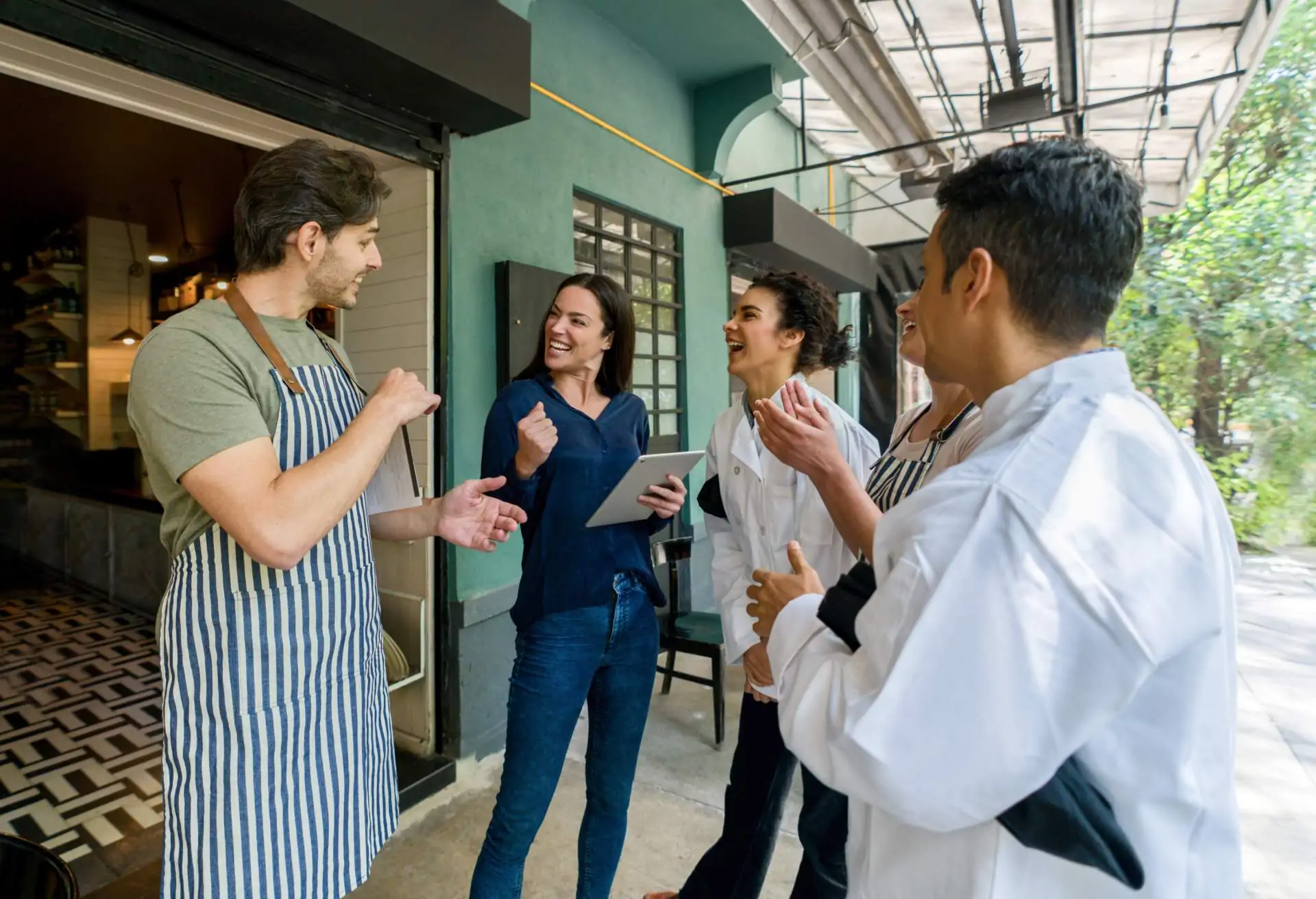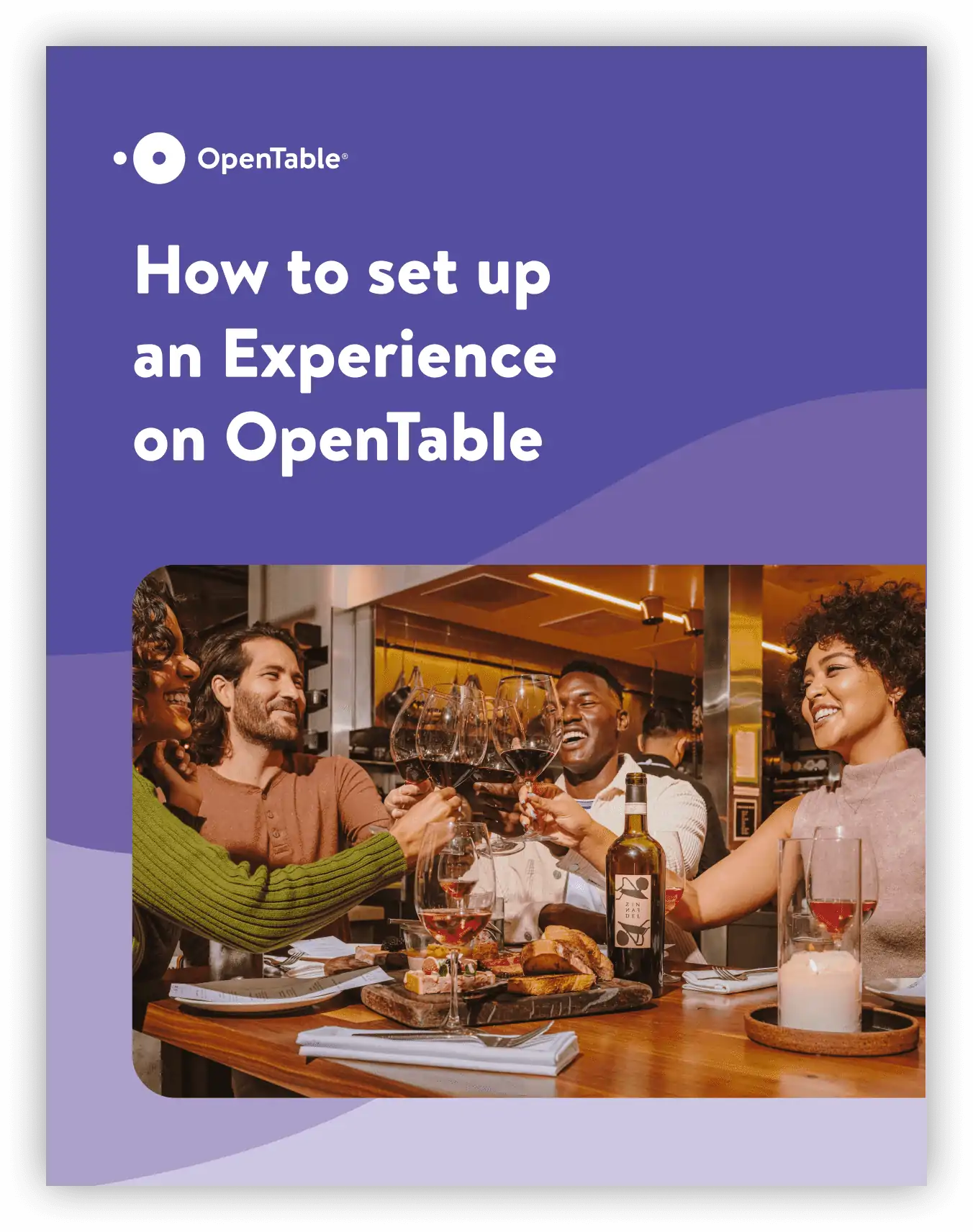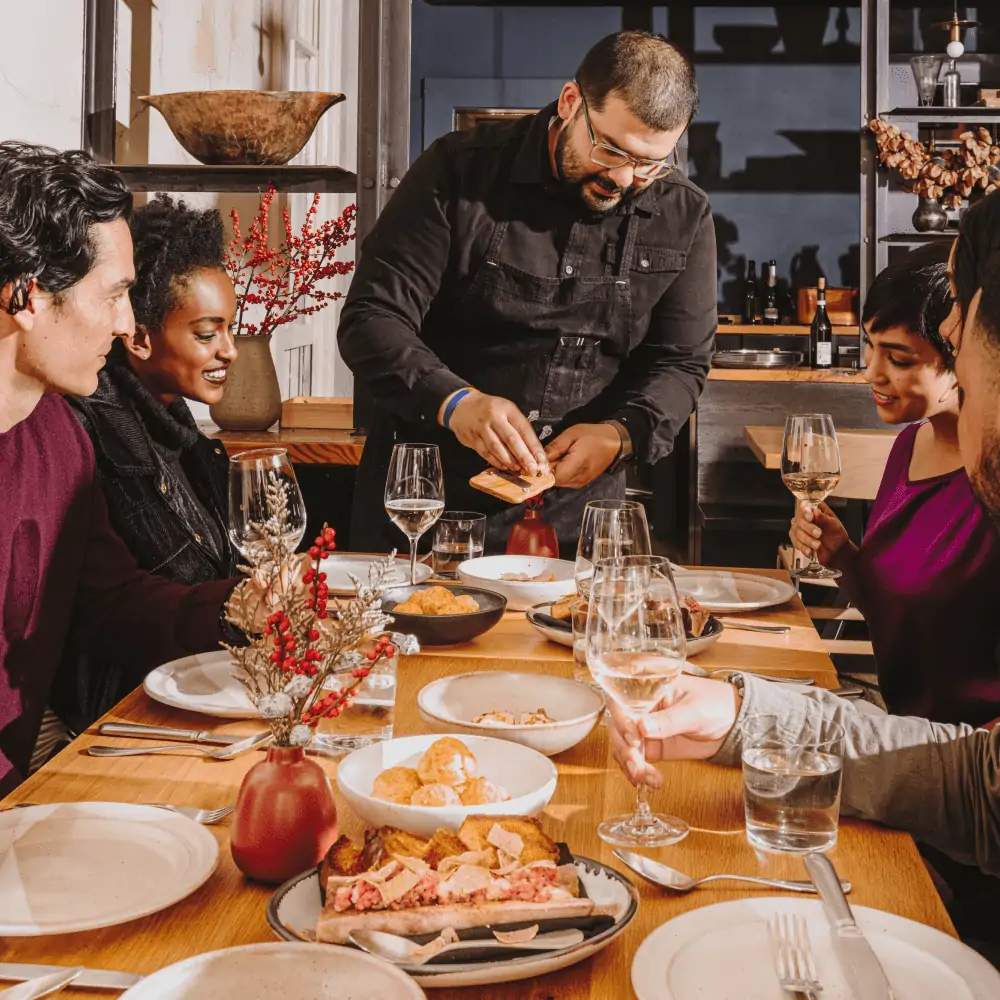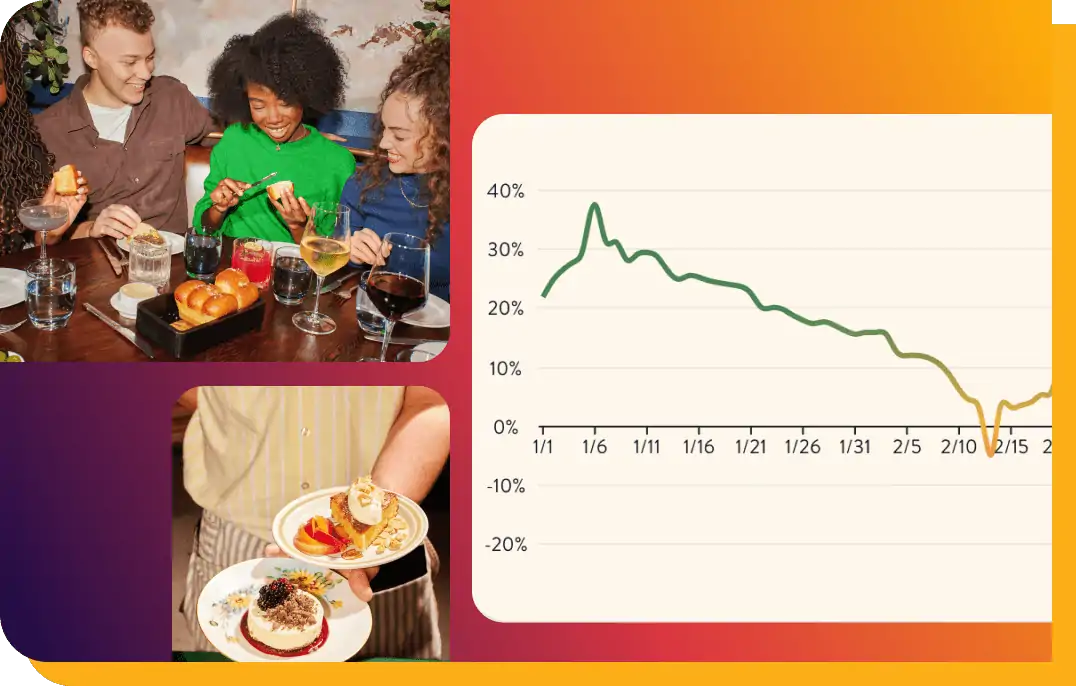For some people, it’s the most wonderful time of the year. But for hospitality workers, the season is more of a grind than a party. Restaurant work can mean long hours and high stress at all times of year. During the holidays, the pressure increases. “The holidays can be a big trigger,” says Maria Campbell, chef and founder of the mental health advocacy group Cooks Who Care.
“For restaurant employees struggling with substance use disorder, disordered eating, and other mental health challenges, the holidays can be a really hard time,” says Campbell. That can be true for anyone. In fact, 64% of people who struggle with mental illness say the holidays make it worse.
But over her decades in the industry, she’s noticed that mental health seems to affect a larger proportion of people who work in restaurants than the rest of the population. The research backs up her observation. Tipped workers have a higher risk for depression, sleep issues and stress compared to people who work other jobs. And those who work in food service have the highest prevalence of illicit drug use compared to other industries.
Fortunately, there are things a restaurant owner or manager can do to help support people through this potential challenging time. According to Campbell, small things can help more than you think. Here are some steps you can take to support your team’s mental health during the holidays this year.
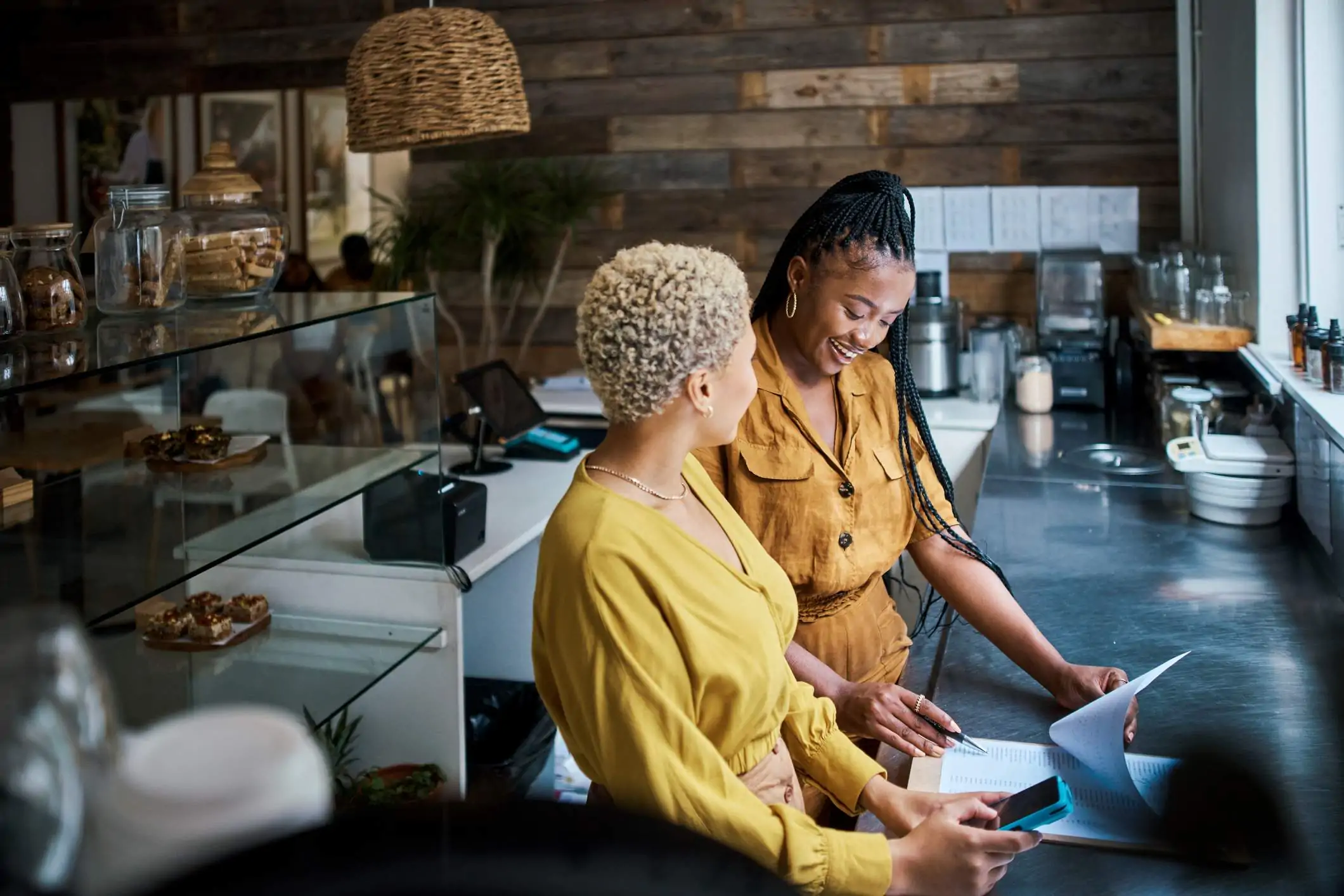
Be as flexible as you can with time off
With the ongoing labor shortage, it can be hard to accommodate time off requests, especially around the holidays. Campbell suggests thinking more broadly about how to make it possible for people to get a break.
“Ask yourself, ‘How can I design my hours?’ Some places have decided to close two days a week and have the core team work the five days so people don’t burn out,” she says. Restaurants are often surprised they can do this without losing revenue, she says.
Give the team some control over the holidays they work
Letting people choose which holiday they want to work gives them a sense of control over the situation. Depending on your needs, you may ask people to choose whether they want to work Thanksgiving, Christmas Eve, or New Year’s Eve. If your team is very limited, you may need to ask them to work two. Still, it helps if people can have some say in the matter.
If someone wants to work every holiday, you should ask them why, says Campbell. It could be that they don’t celebrate certain holidays or that they are really motivated to make extra money. “But it could also be that they’re lonely and isolated, and that’s something that as a manager, you should probably know,” she says.
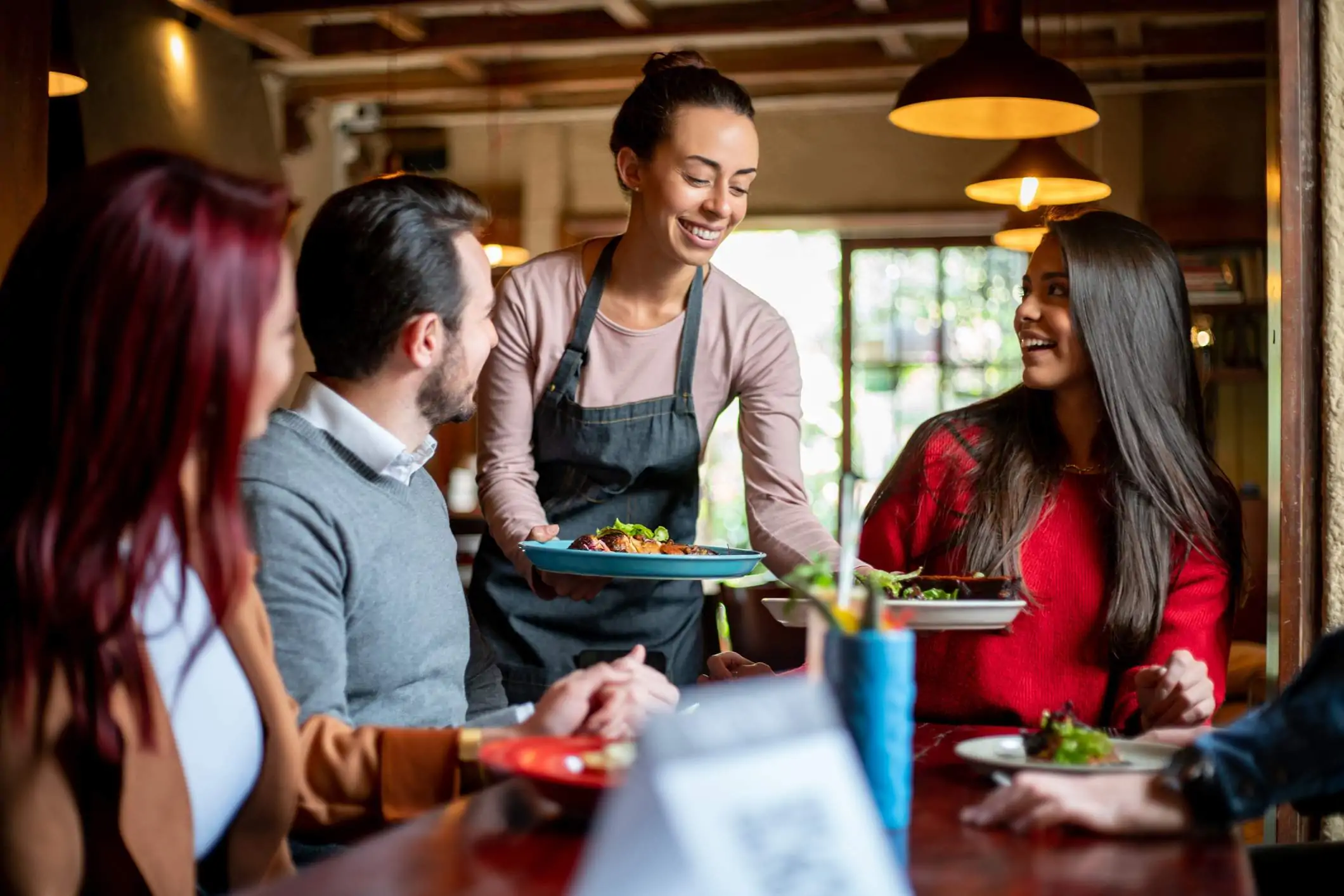
Don’t forget staff meal
Now is not the time to skimp on pre-shift meal. The team is working longer and harder, and you want them to be fueled up. This is also an opportunity to build morale according to Campbell. “You can make it fun and special by arranging a family meal swap with a neighboring restaurant. People get bored eating the same food. It’s also a good way to build community,” she says.
An obvious but overlooked part of keeping the team energized is water. “People get so busy this time of year, they have to be reminded to hydrate,” says Campbell. A case of flavored seltzer might be a good way to encourage people to drink up.
Put a floater on the schedule wherever possible
Even if it’s not standard at other times of the year, it’s a good idea to add a floater to shifts wherever possible through the holiday season. Not only can shifts get busier than you anticipated quickly, with all the viruses circulating right now, you will be getting call-outs.
Check in and notice changes
You know your team. Campbell suggests keeping an eye out for unusual behavior. “Are early birds showing up late? Are friendly people irritable? Are people skipping meals?,” says Campbell. Any of these can be a sign of a mental health issue that’s just under the surface.
When you do spot out of character behavior, it’s time for a frank conversation and direct questions. “I suggest starting out with the words, ‘I’ve noticed that …’ You don’t want to bring assumptions or judgements into it. But don’t hesitate to ask, ‘Are you OK?’” Campbell says.
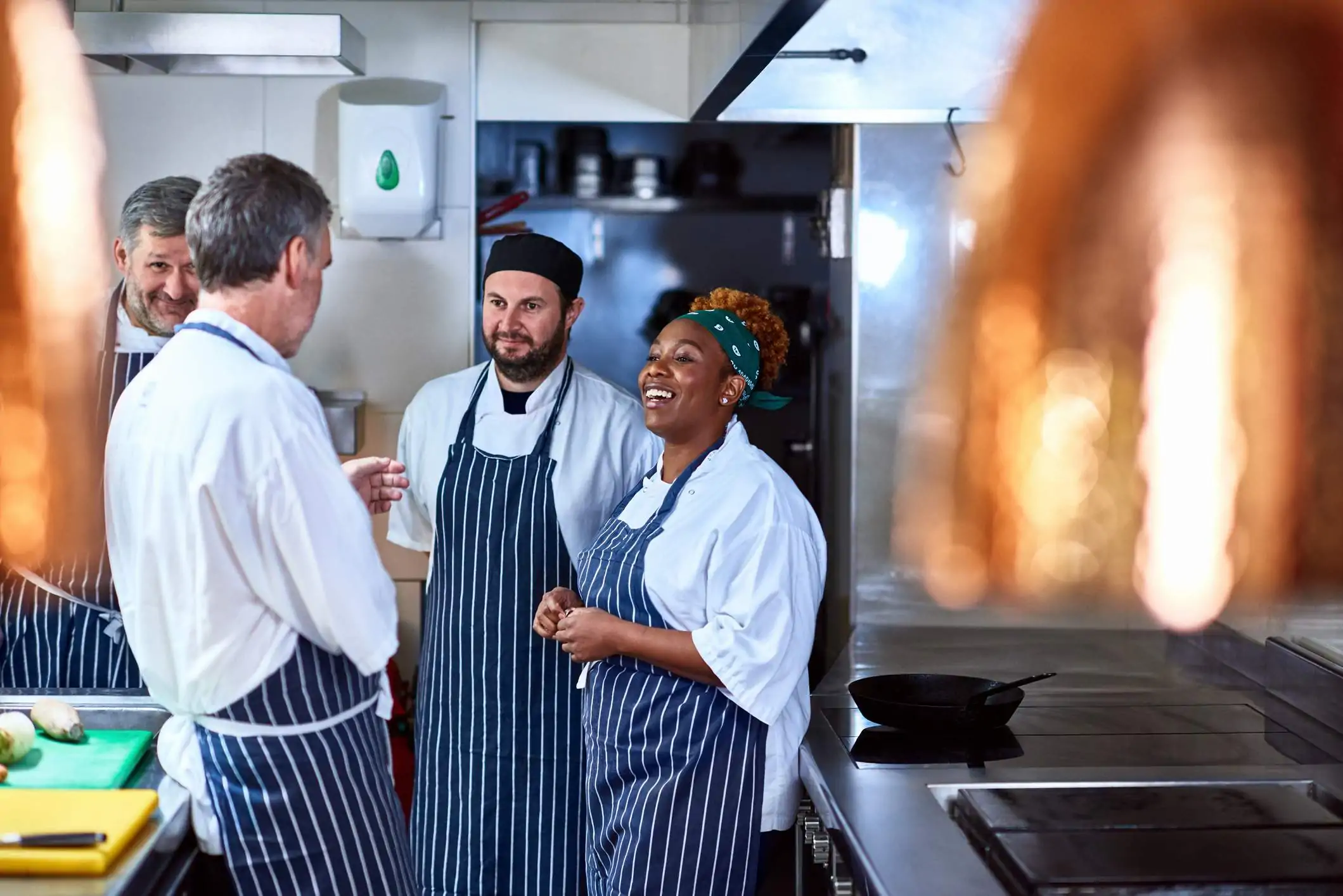
Plan a holiday celebration–for January
Restaurants make the season special for countless other businesses who hold their holiday parties there. Restaurant teams need to celebrate, too. Plan a team celebration in the new year, but get it on the schedule now.
“It needs to be on the calendar. And it doesn’t need to be a big party. It could be only 60 minutes–a catered lunch, a yoga class, a dance lesson, a game night,” says Campbell. Whatever you choose, schedule it now so the team can look forward to enjoying it later.
When restaurant owners or managers do notice someone on the team in need of extra support, here are some resources Campbell recommends to share with them:
988
This is a 911 for mental health emergencies. It’s new in 2022, so not everyone is aware that this resource is there. Let people know they can call it for free and confidential help if they’re in crisis, considering suicide, or in emotional distress.
Ben’s Friends
Restaurant professionals of all types join Ben’s Friends for support in sobriety. Founded by industry veterans Steve Palmer and Mickey Bakst, Ben’s Friends is a growing community of people helping and learning from one another.
Chef Life Radio
Hosted by chef Adam Lamb, this podcast aims to help cooks shift their mindset from chronic overwork to self-care.
CHOW (Culinary, Hospitality, Outreach, Wellness)
This industry group supports people in the restaurant business through online meetups that are available regardless of location. Or, anyone can sign up for their free 6-hour online course that covers mental health topics through an industry lens.
FairKitchens
FairKitchens’ mission is to improve the conditions of restaurant work for everyone so people can do the job they love and take care of themselves at the same time.
Healthy Pour
This group holds an annual symposium focusing on mental health for people working in the food and beverage industries.
I Got Your Back
This group is on a mission to destigmatize mental health issues in the hospitality industry. Their “I Got Your Back Training Program” for hospitality workers helps people spot the signs of a coworker in crisis in the kitchen.
Mental health is an important issue for the restaurant community 365 days a year, but the holidays can be an impactful time to start giving it the attention it deserves.

